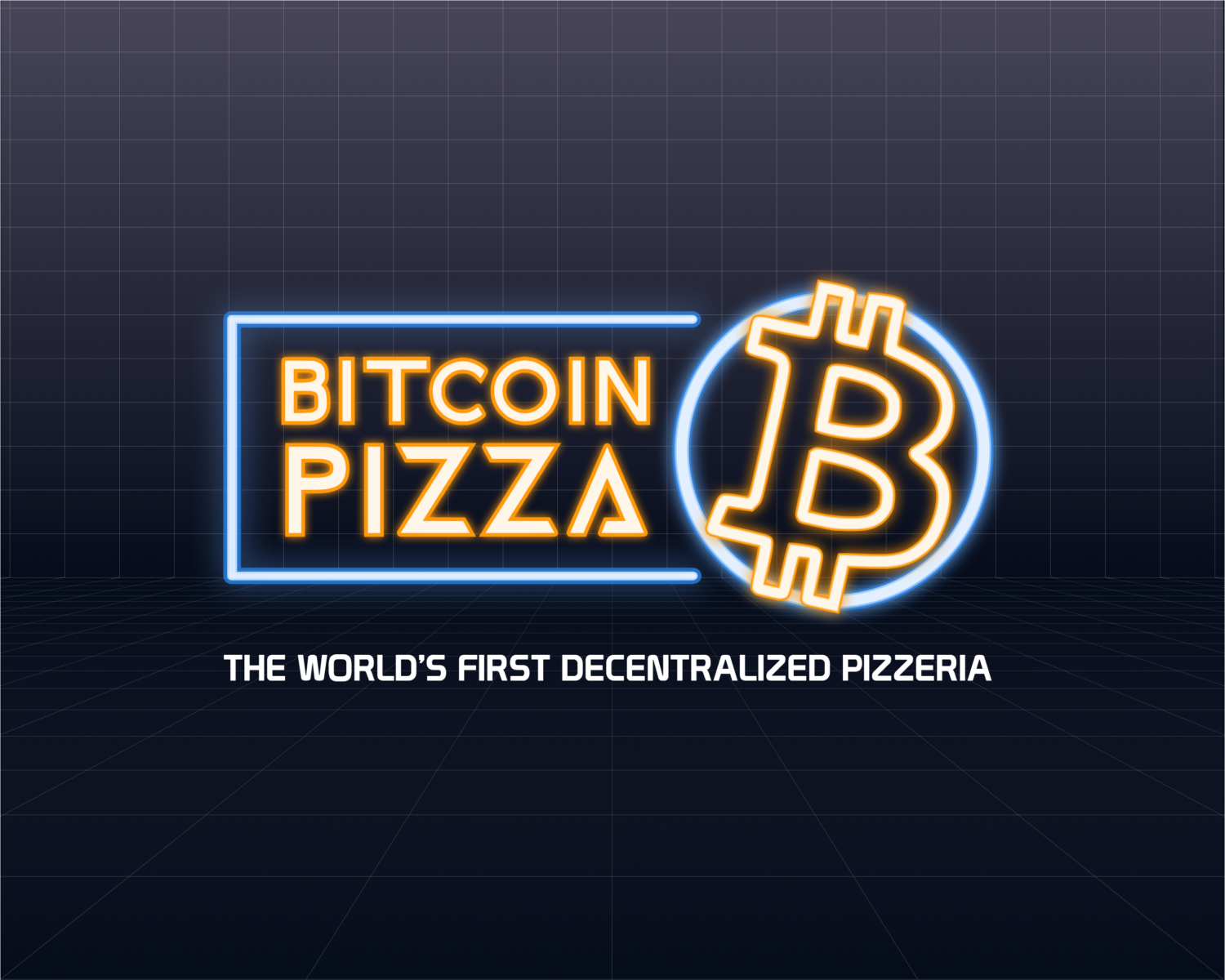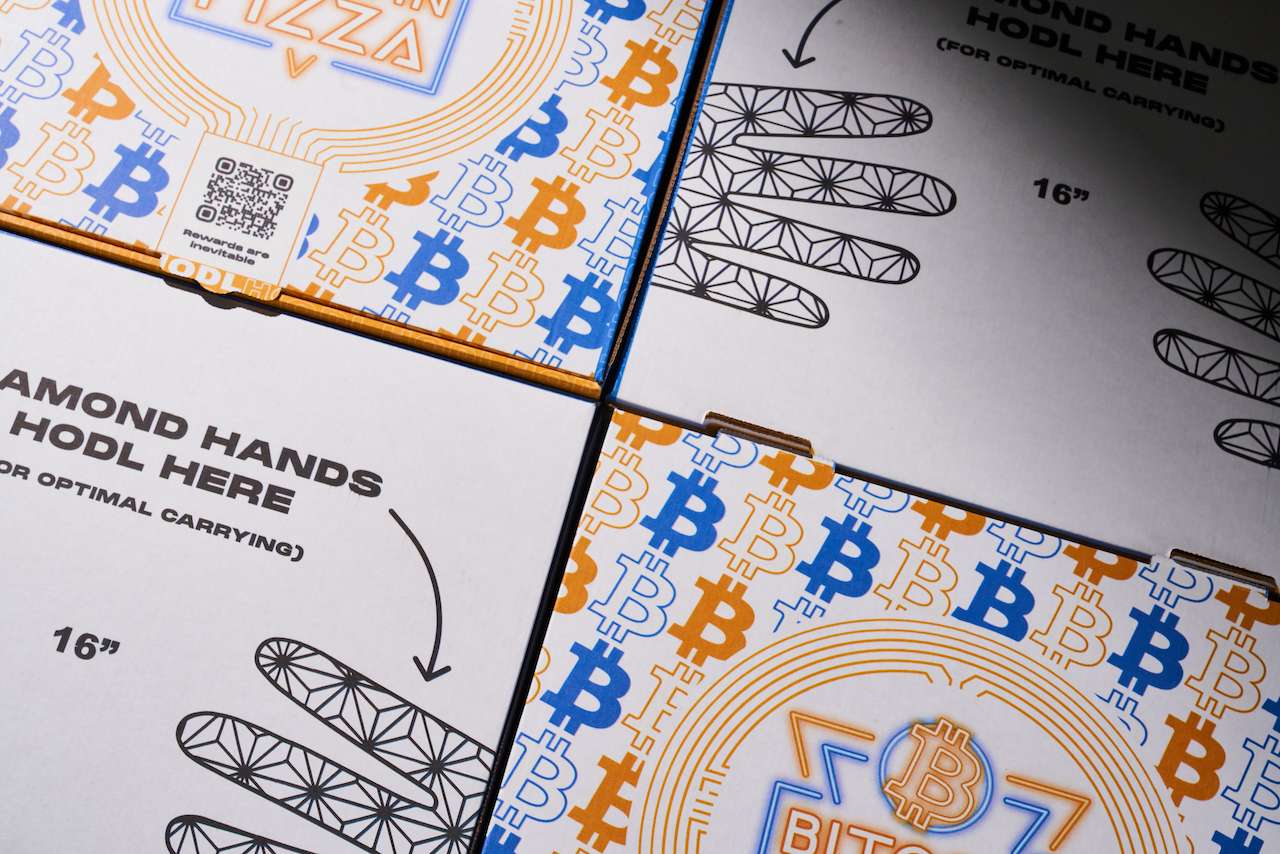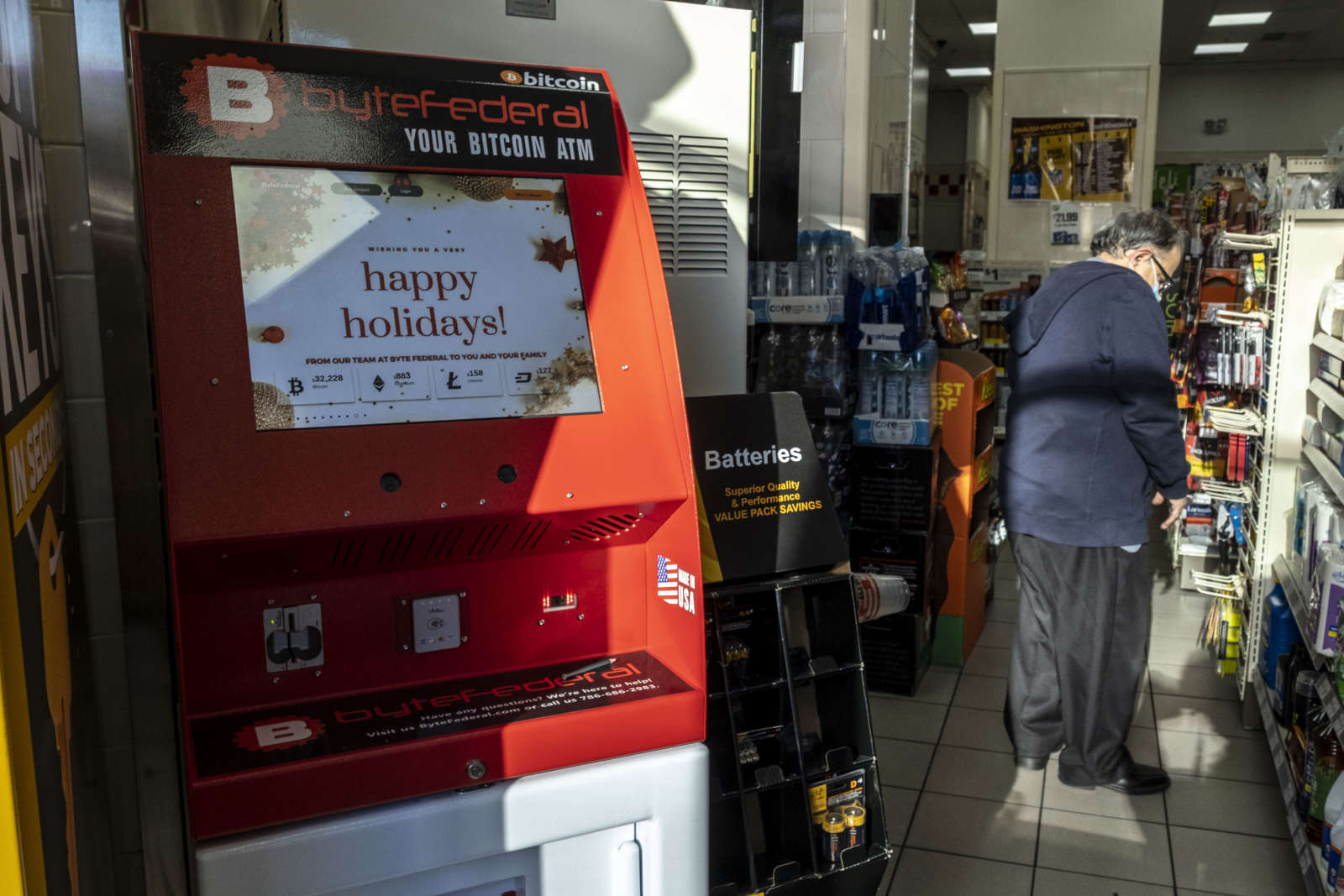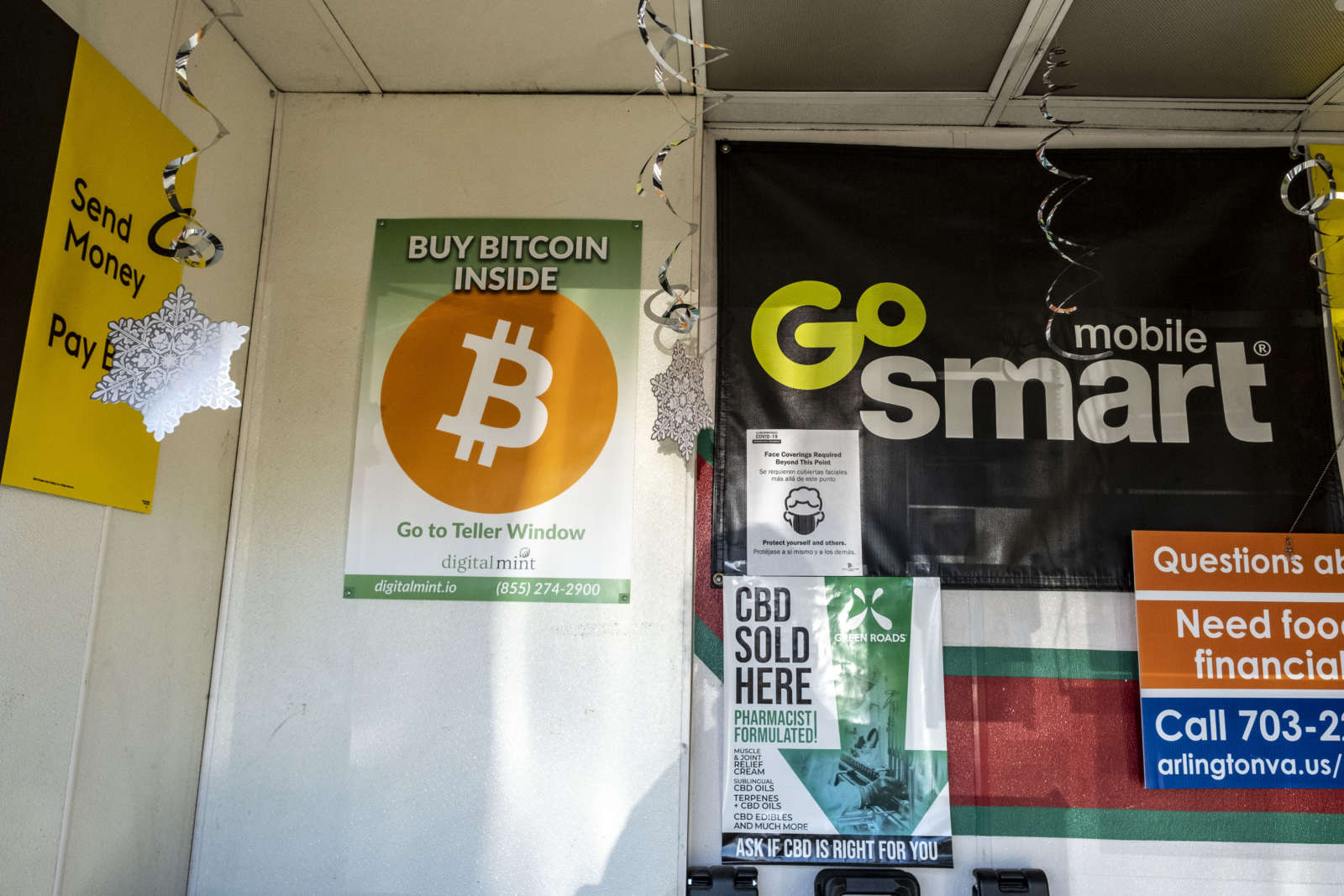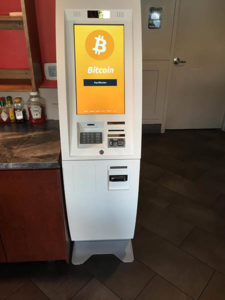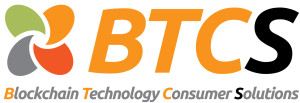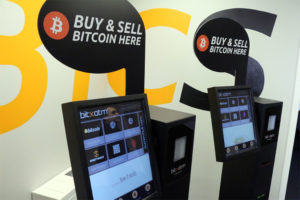The self-proclaimed “world’s first decentralized pizzeria” is now serving up pies in Courthouse
Bitcoin Pizza, a “virtual restaurant,” opened on Oct. 31 and operates out of the kitchen of Fire Works Pizza at 2350 Clarendon Blvd. It is one of about 100 locations across the country and one of seven locations in the D.C.-area.
The pizzeria was created by branding company Popchew in partnership with Bitcoin influencer Anthony Pompliano.
And, yes, the restaurant accepts Bitcoin as well as U.S. dollars.
“We want to spread the word of Bitcoin through this pizza,” Popchew CEO Rushir Parikh tells ARLnow. “[Pizza] is a very approachable way to learn about Bitcoin. We want to make Bitcoin as widely known and available as pizza is.”
It’s about educating the public on cryptocurrency and making it less scary — all while serving up great food — he says.
Bitcoin Pizza is essentially a ghost kitchen, with the company doing the branding and marketing, a local restaurant (in this case, Fire Works) making the pizza, and a third-party (UberEats, DoorDash, etc.) delivering. Like many ghost kitchens, ordering is online-only.
About 20% of the generated revenue goes to Bitcoin Pizza, Parikh said.
There was no specific reason that Arlington or Courthouse was chosen as a location, beyond wanting to have a number of locations in and near major cities, he notes.
The idea for a pizzeria was inspired by the famous — in the crypto world, at least — story of how a Florida man in 2010 purchased two pizzas for 10,000 bitcoins. Eleven years ago, that equated to about $40 US dollars. Today, 10,000 bitcoins are worth more than $500 million.
October 31, the day of Bitcoin Pizza’s Arlington launch (along with the launch of a number of other locations) is also an important day in the cryptocurrency’s history. On Halloween 2008, Bitcoin founder Satoshi Nakamoto released the Bitcoin white paper which explained its rules, workings, and structure.
The menu includes pizzas with cryptocurrency-themed names, like Capital Greens (veggie), Satoshi’s Favorite (Hawaiian) and Laser Eyes (pepperoni).
On its website, the company behind Bitcoin Pizza, calls itself “the coolest food court on the internet.” Parikh compares the aspirations of Popchew to Yum! Brands, which owns fast food staples Taco Bell, Pizza Hut, and KFC.
“What we want to do is work with influential brands and people to build the next generation of food brands,” he says.
Working with local restaurants, like Fire Works Pizza, allows the company and its ideas to scale up quickly.
And Popchew is already working on its next food brand. “Wingszn” has launched and is expected to open a location in Arlington in the next month or two, Parikh says.
That “virtual restaurant” will be serving up chicken wings and yes, you can pay with Bitcoin.


